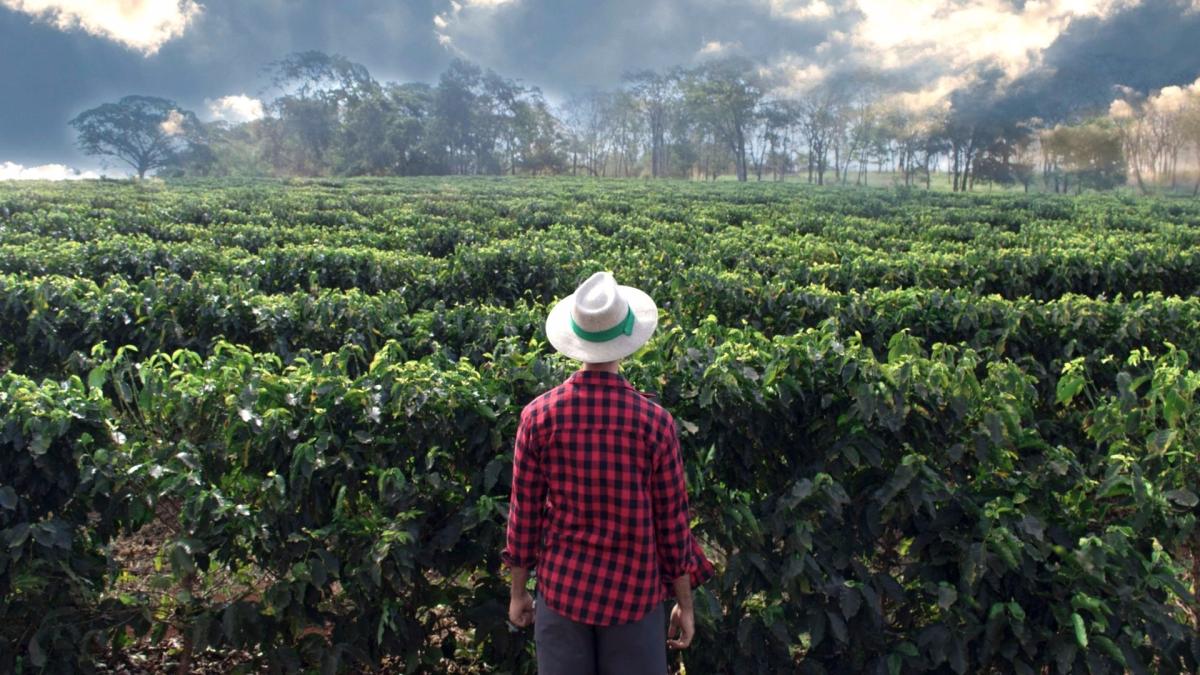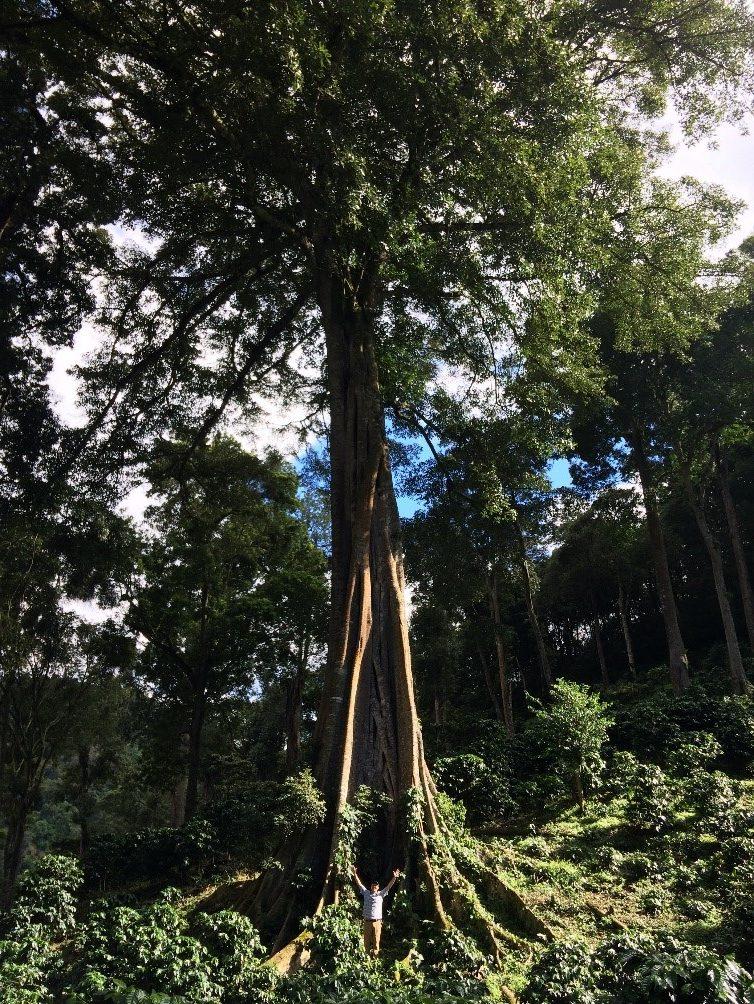Los Papales Estate is a Model Farm for Sustainability
Los Papales Estate is a Model Farm for Sustainability
Situated high in the mountains of northern Nicaragua is a small town with a reputation for producing some of the best quality coffee in the country. More than half of Nicaragua’s coffee comes from the Jinotega region, also known as the “capital of coffee.” The variety of high-altitudes, forests, valleys, soils, and climate are all factors that contribute to the quality of coffee in the area. Arbor Day coffee buyer Jon Ferguson visited one of the area’s largest coffee producers and learned a lot about the practices behind the operation that make this farm successful.
Los Papales Estate is a family-owned farm that manages nearly 200 hectares of coffee fields full of leguminous fruits and hardwood shade tree species. Nearly half of the farm is left as natural jungle, with many trees hundreds of years old. The mix of trees and plants help boost the biodiversity and environmental health of the farm.
Los Papales has incorporated sustainable practices throughout the farm that positively impact the environment and surrounding communities, such as reducing water usage during processing after the harvest season and waste water management practices that help keep the waterways clean for surrounding communities downstream. The farm has an agricultural engineer on staff to guarantee sound agricultural management practices throughout its fields, warehouses, and processing facilities.
In addition to the farm’s sustainability initiatives, Los Papales is dedicated to giving back to the community. The farm offers housing to permanent workers, free school on-site for the children of workers and the community, and free medical clinical services including access to vaccines. Los Papales is what many call a “model farm” for sustainable coffee production.
Stay up to date, subscribe to the Arbor Day coffee newsletter.



